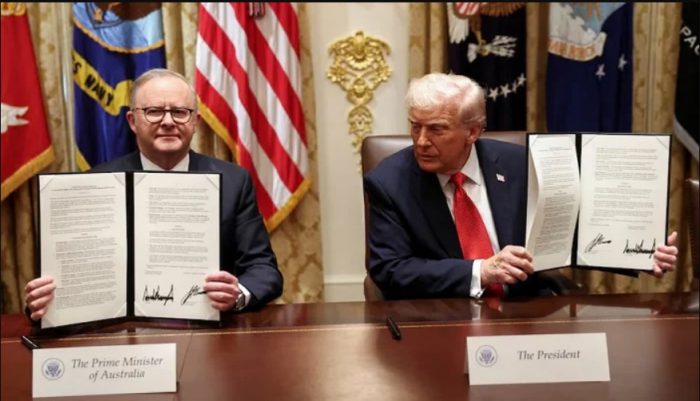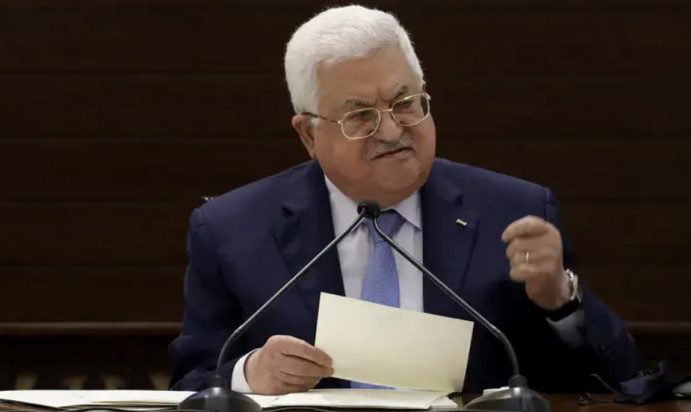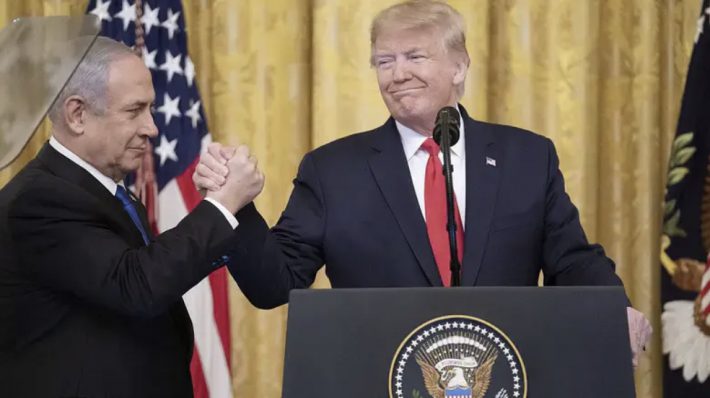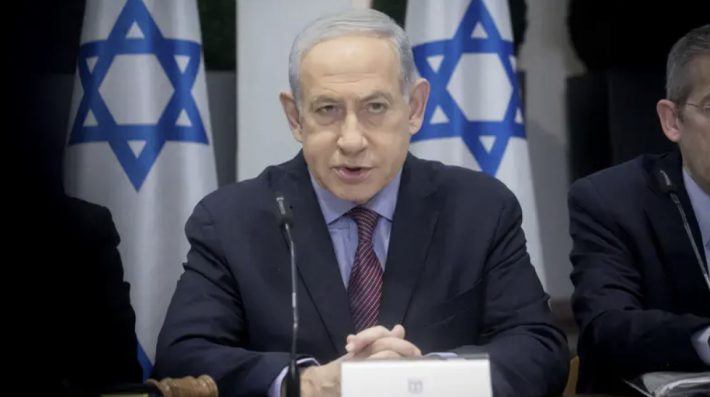A tense moment erupted at the White House as President Trump confronted Australian Ambassador Kevin Rudd, reigniting their long-running feud during PM Albanese’s visit.
A diplomatic chill swept through the White House on Monday when U.S. President Donald Trump publicly sparred with Australian Ambassador Kevin Rudd during a joint press conference alongside Prime Minister Anthony Albanese — turning what was meant to be a celebration of U.S.-Australia unity into a flashback of political grudges and personal rivalries.
When an Australian journalist asked Trump whether he had concerns about Albanese’s administration or about Rudd’s past criticisms, Trump curtly replied,
“I don’t know anything about him,”
seemingly unaware that Rudd was standing in the room. Moments later, the president turned to the ambassador and asked, “Did you do something bad? Are you still part of the Australian government?”
Rudd, maintaining diplomatic composure, answered, “Before I took this position, Mr. President.” But the atmosphere only grew frostier. During their closed-door Oval Office meeting, Trump reportedly told Rudd point-blank,
“I don’t like you either, and I probably never will.”
The tension traces back to Rudd’s 2020 attack on Trump, when he labeled the American president “the most destructive in history.” Trump fired back at the time, calling Rudd “nasty” and “not the brightest bulb in the shed.”
Despite the awkward exchange, Prime Minister Anthony Albanese pressed ahead with a high-stakes diplomatic agenda, focusing on reviving the AUKUS defence pact and securing deeper strategic cooperation in technology, energy, and defence.
Both nations managed to sign a landmark deal on rare earths and critical minerals, aimed at reducing Western dependence on China — a major win for both Washington and Canberra despite the diplomatic friction.
Analysts noted that the Trump-Rudd confrontation reflected deeper ideological divides between populist conservatism and globalist diplomacy. Still, the day ended with a powerful message of unity: the U.S.-Australia alliance remains ironclad — personal frictions notwithstanding.





